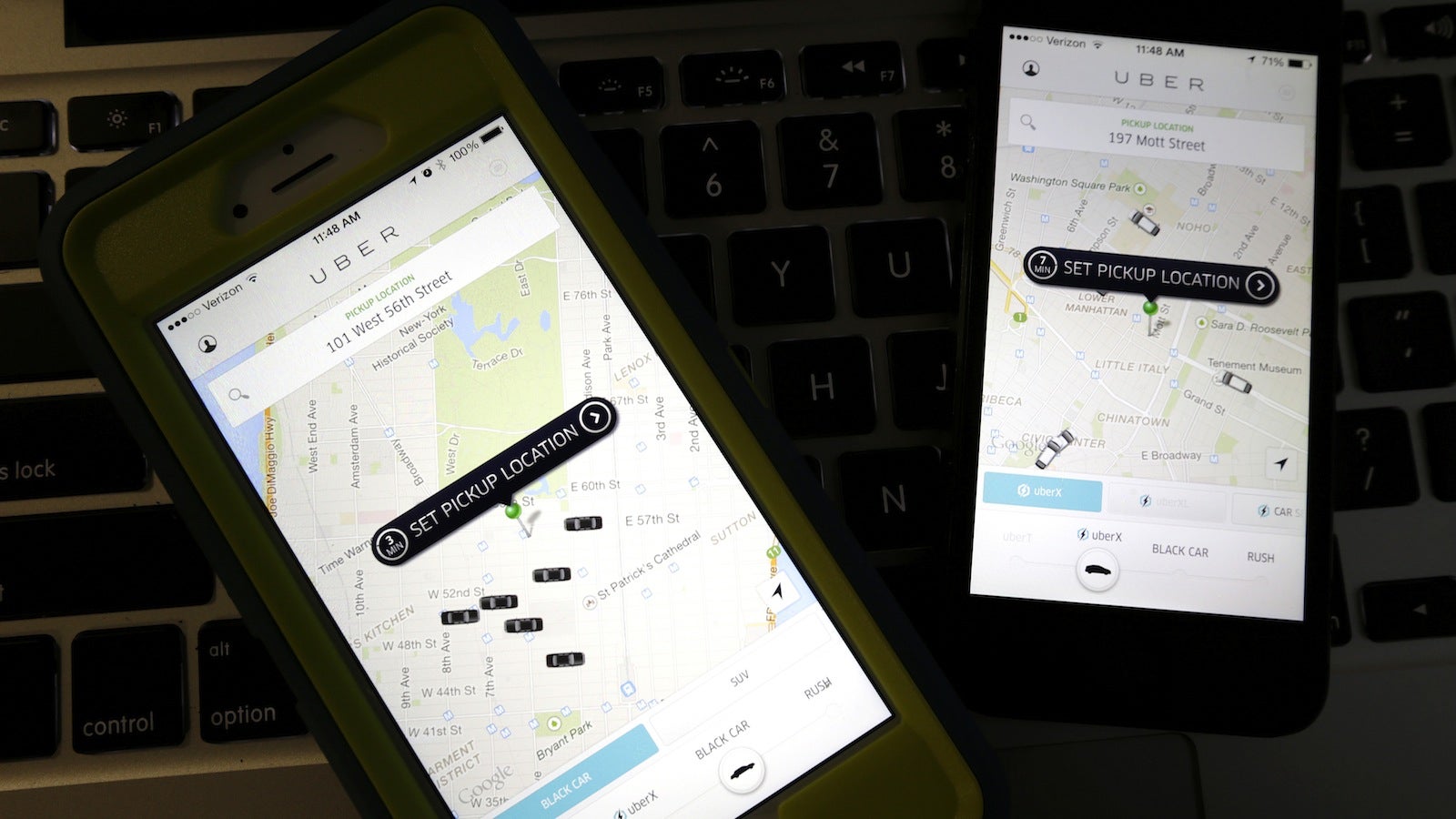Delhi’s government just found out what Uber is—then banned it
This happens only in India.


This happens only in India.
The transport department of Delhi apparently had no idea that one of the world’s most high-profile cab companies was operating in the capital city.
And it is only following a woman’s accusation of rape against an Uber cab driver on the night of Friday, Dec. 5 that the city’s government has finally woke up—and banned the taxi-booking service in the national capital region on Monday, Dec. 8.
The authorities say they had not blacklisted the company, which was purportedly flouting many local transport laws, earlier because they did not know it existed in the first place.
“Right now, we have banned Uber as we came to know only after this incident about its services in Delhi. We too had to log on to the internet to know how the company works,” Satish Mathur, special commissioner of Delhi Transport Department, told Economic Times.
Until today, Uber was operating in 11 cities across India including Mumbai, Kolkata, Delhi and Bangalore. It launched in September 2013 and much has been written about the San Francisco-based company in the Indian press, including its flamboyant promotional campaigns.
It also had a high-profile run in with the Reserve Bank of India earlier this year, which forced it to change its payment mechanism in the country. But the Delhi government was seemingly oblivious to all of this.
“Uber never applied for any permission to us, is not recognised under the Radio Taxi Rules and has flouted most of the laid-down rules,” Mathur said.
After the Uber driver was accused of raping the young financial executive on Friday night, the Delhi police said the taxi company failed to run adequate background checks. The 32-year-old driver was arrested for raping a woman three years ago, but was later acquitted of those charges.
The Delhi Police, too, reportedly had little idea about Uber and actually downloaded the app, called for a cab and then asked the driver to take them to the startup’s office in Gurgaon after receiving the complaint.
Uber, on its part, indicated that it work proactively with government authorities to improve the verification process for its drivers. The company’s system for recruiting and training drivers in New Delhi is far from foolproof.
“We will work with the government to establish clear background checks currently absent in their commercial transportation licensing programs,” Uber’s CEO Travis Kalanick said in a statement.
The government, though, seems uninterested. And so, instead of working with Uber, the administration has chosen to simply ban it.
Neither will that make Delhi’s transportation services any better, nor will it stop the sexual assault cases that continue to mar the reputation of India’s national capital.
In the process, the livelihood of hundreds of drivers—and the fate of a handful of the cab companies like Olacabs and TaxiForSure—also hangs in the balance.